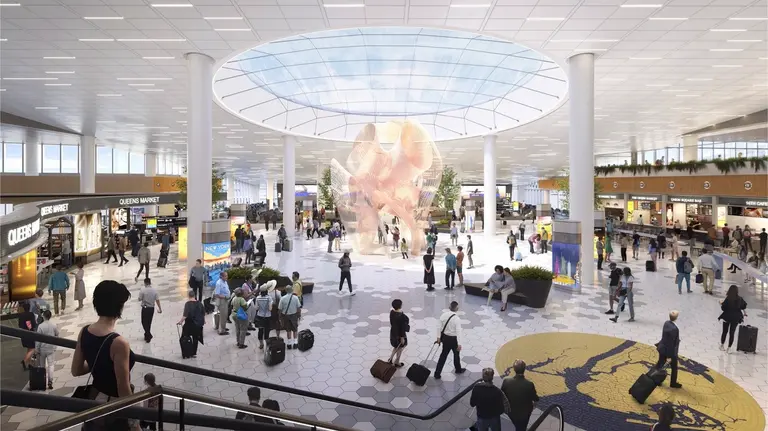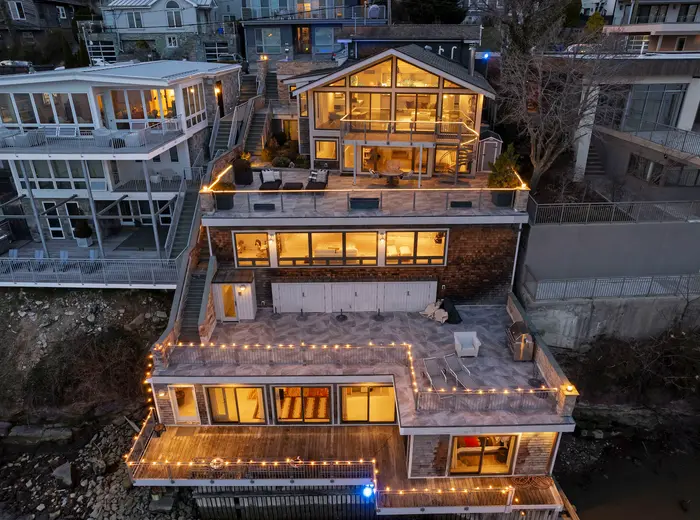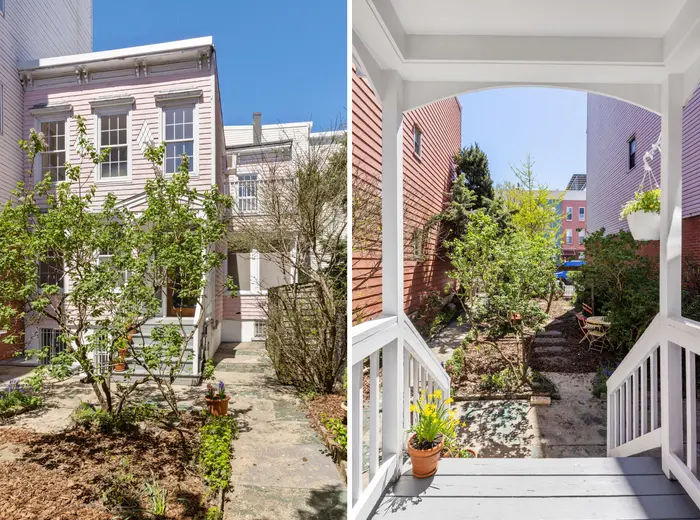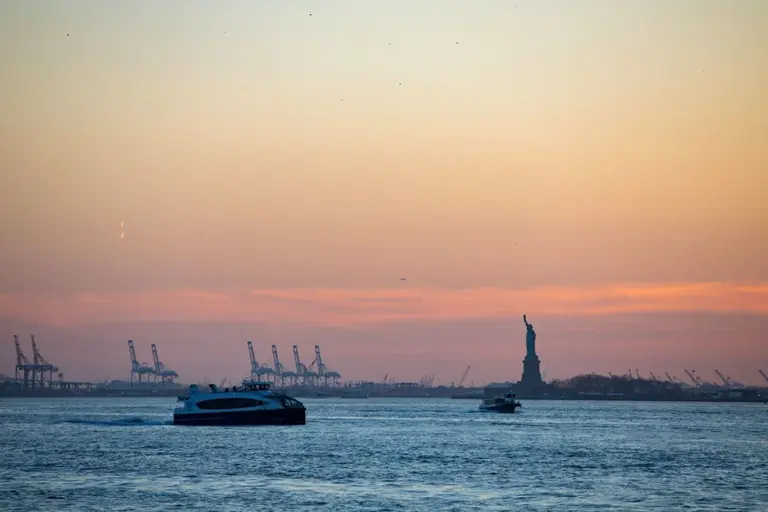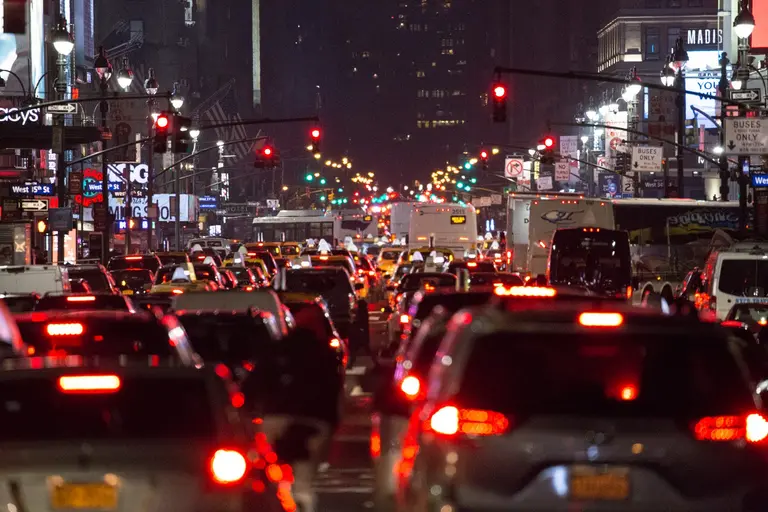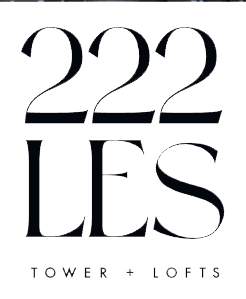Judge rules accessibility lawsuit against the MTA can move forward
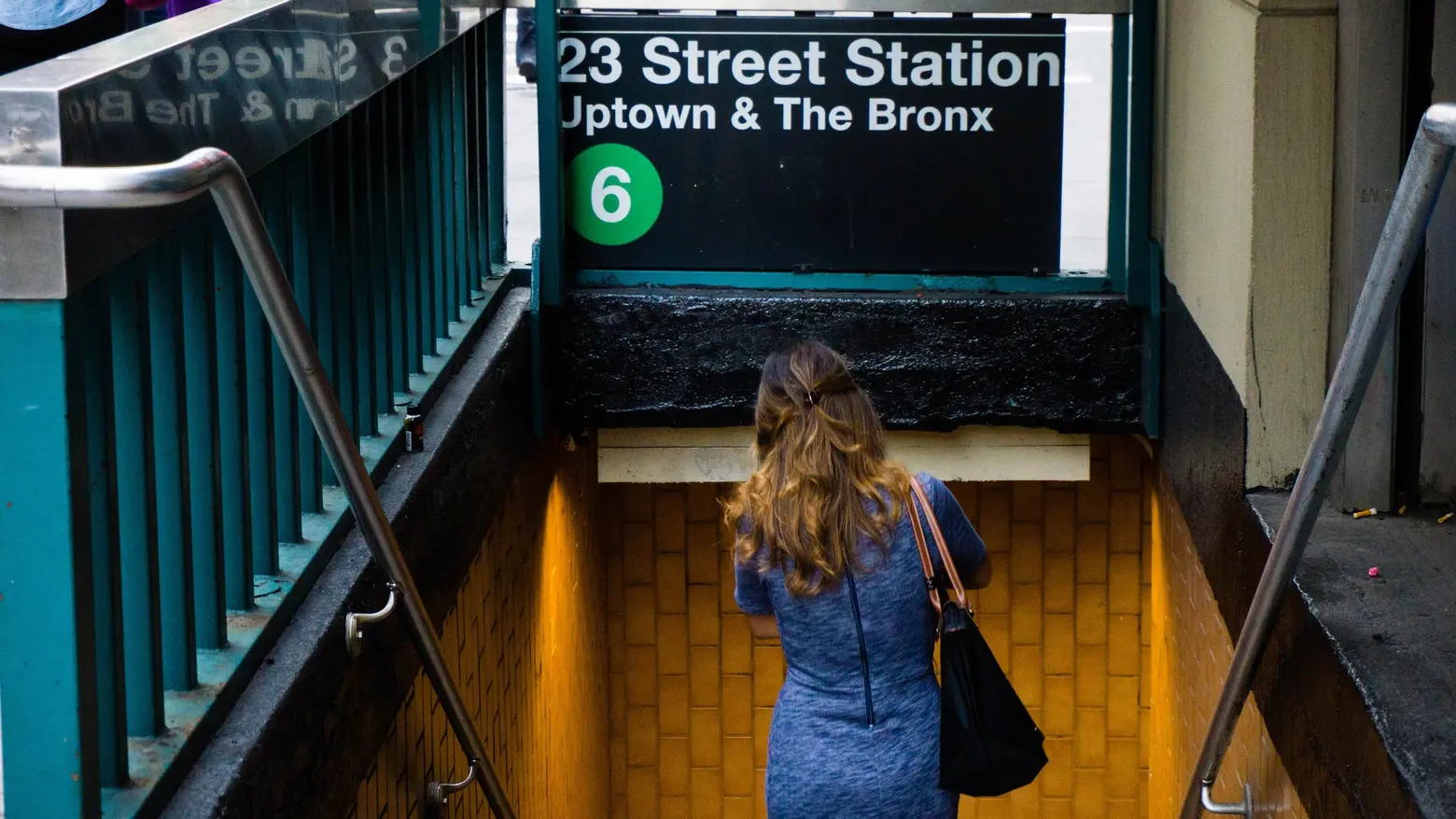
Image via Flickr
A state Supreme Court judge has denied the Metropolitan Transportation Authority’s request to dismiss a lawsuit over inaccessible subway stations, amNY reported Wednesday. A coalition of accessibility advocacy groups, including the Center for Independence of the Disabled and Disability Rights Activists, filed the suit. They argued that the MTA is in violation of the city’s Human Rights Law because only 24 percent of the subway system’s 472 stations include elevator access.
According to the Queens Daily Eagle, the plaintiffs stated that the MTA failed to provide stair-free access at the 30th Avenue subway station in Astoria when they constructed a new staircase connecting the station mezzanine to the street, putting disabled individuals at risk. “The MTA’s actions clearly demonstrate that they value amenities like Wi-Fi over serving passengers with disabilities,” Michelle Caiola, DRA’s managing director of litigation, said.
This lawsuit is one of four ongoing cases against the MTA’s accessibility record. Representing the authority, attorney James Kerwin argued that the case should be dismissed because the MTA is meeting legal requirements outlined by a law the State Legislature passed in 1984 and amended ten years later to require 100 “key stations” be made accessible by July 2020.
Judge Schlomo Hagler disagreed, stating: “There has never been a decision from any court that has preempted the New York City Human Rights Law in the area of discrimination,” Hagler said. “There can never be a situation where the state would license any agency to discriminate against any individual.”
Earlier this year, in response to a 2016 lawsuit by Bronx Independent Living Services contending that the MTA refused to make the Middletown Road elevated subway station in the Bronx wheelchair accessible, Judge Edgardo Ramos ruled that the MTA was in violation of the Americans with Disabilities Act and that the agency is obligated to install an elevator, regardless of cost, unless it’s technically infeasible.
6sqft recently reported that while the MTA claims that 24 percent of its stations are accessible, a new study led by Manhattan Borough President Gale Brewer’s office shows otherwise. New York City is currently ranked the least accessible of the country’s 10 largest metro systems, falling far behind Los Angeles and Washington D.C. which are fully accessible, and Boston and Chicago which are more than 67 percent accessible with concrete plans in place to reach 100 percent.
Meanwhile, MTA President Andy Byford’s Fast Forward plan laid out last May to modernize the subway system through a state-of-the-art signal system, a new fare payment system, thousands of new subway cars and buses, and better accessibility remains unfunded. The plan is expected to cost between $40 and $60 million.
The MTA is expected to appeal the decision. “We are disappointed with the ruling and are considering our options for appeal,” Shams Tarek, a spokesperson for the MTA, said in a statement. “The MTA is deeply committed to improving accessibility at a faster rate than ever before. We know we have a long way to go, but we are fully committed to making this system one that can be used by all New Yorkers.”
[Via amNY]
RELATED:
- Judge rules MTA must provide elevators in all stations it renovates
- TransitCenter maps out the next 50 subway stations that should be made accessible in NYC
- 62 New York City neighborhoods lack an accessible subway station
- MTA hit with federal lawsuit over lack of wheelchair accessibility
- Map shows less than 1/4 of NYC subway stations are accessible




